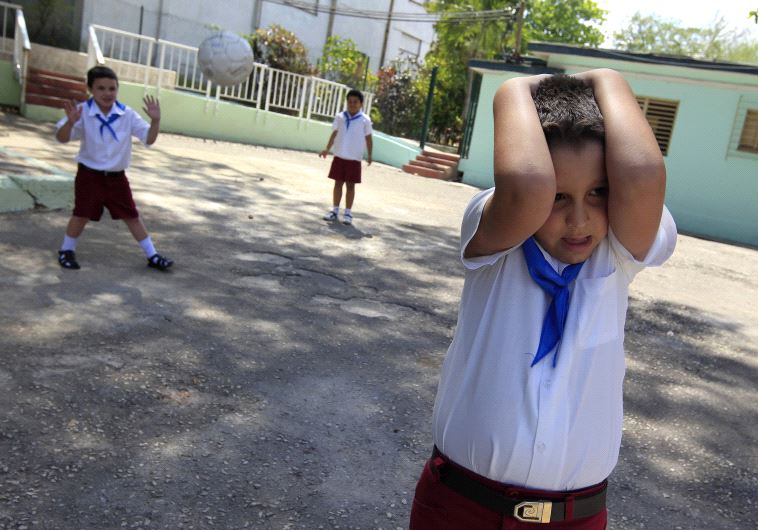New Beersheba autism database to help research on a global scale
The database will immediately improve services, the researchers said, and make possible integration of the research team into the clinical team.
 A child with autism plays with other children (file)Updated:
A child with autism plays with other children (file)Updated: